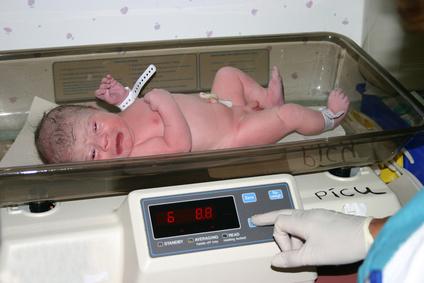Sex may be the last thing on your mind right after having your baby. However, once you begin having sex after pregnancy, using birth control will help prevent an unplanned pregnancy. The Mayo Clinic warns that sex following pregnancy requires the use of birth control, unless you want to become pregnant right away. Although breastfeeding may delay the return of your fertility for a few months, this method of preventing conception may not be effective for some women, especially beyond six months after delivery. If you just had a baby and want to wait awhile before having another, consider your birth control options.
Barrier Methods
Although these methods may require some planning and might interrupt your lovemaking mood, barrier methods provide a safe from of birth control for breastfeeding mothers. Condoms and diaphragms can prevent unplanned pregnancies without contaminating your breast milk. Because your recent delivery can affect the way your diaphragm fits, have your doctor check the fit of a previous diaphragm or ask him to refit you for a new one, once your vagina heals from your recent labor and delivery.
Oral Contraceptives
A common choice of many women, the birth control pill contains hormones that keep the ovaries from releasing eggs. These pills also alter the lining of the uterus and cervical mucus to deter the sperm from reaching the egg. As with all medications, discuss the risks to your baby if you are breastfeeding. The estrogen in your birth control pill may affect your ability to produce milk and may alter the quality of your breast milk. Consider using a different method of birth control, or remaining abstinent while you are breastfeeding, then switching to the pill after you wean your baby.
Intrauterine Device
Your doctor may insert an intrauterine device (IUD) right after delivery. Unfortunately, afterbirth contractions might cause this device to exit your uterus. Many doctors choose to insert IUDs after the follow-up visit, about six weeks after the birth of your baby. Hormonal IUDs work by releasing hormones that keep the sperm from reaching the eggs, while copper IUDs may reduce the sperm’s chance of fertilizing an egg, according to the U.S. Department of Health and Human Services. If fertilization does occur, the copper IUD can prevent pregnancy by preventing the fertilized egg to implant in your uterus. If you want long-term protection from pregnancy, without having to interrupt foreplay to put on a condom or having to remember when to take your pill, this device might appeal to you.
Sterilization
If you know you don’t want any more children, your doctor may recommend sterilization. Some women who give birth through cesarean section decide to have a tubal ligation performed during the cesarean surgery. If your husband decides to get a vasectomy, he will keep producing sperm, but the sperm won’t exit his penis when he ejaculates. His doctor may perform a semen analysis after his vasectomy to make sure no sperm exist in his ejaculate.
Photo Credit
- newborn baby image by Diane Stamatelatos from Fotolia.com





